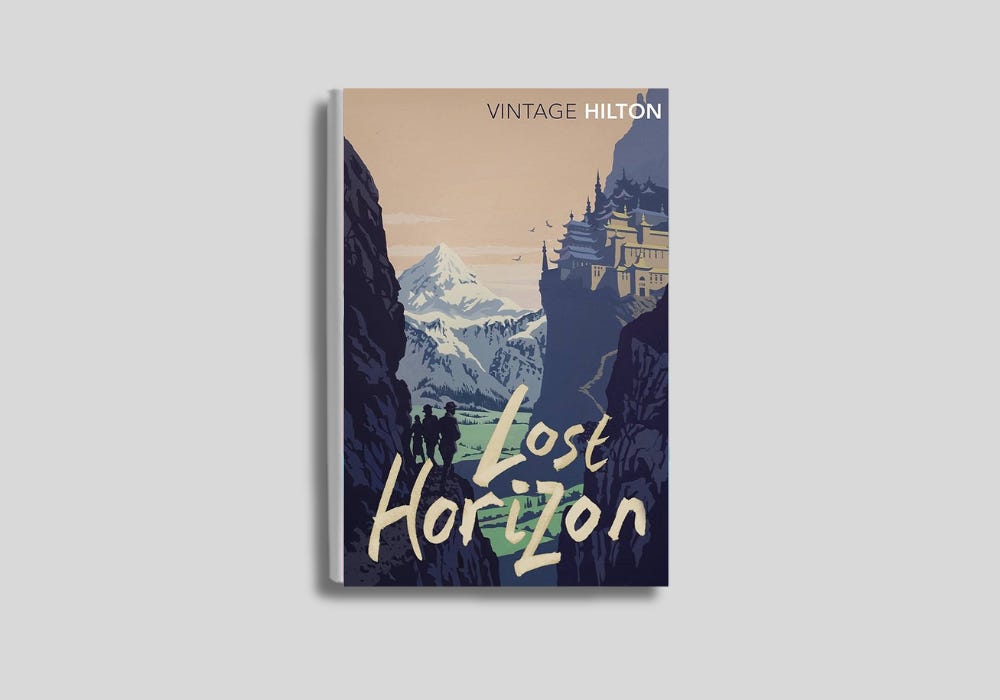Join our upcoming literary salon discussions
Our calendar of upcoming events.
Every quarter we study utopian texts together and host literary salon discussions about them. We spent the summer reading the Terra Ignota series, truly a masterwork of utopian worldbuilding, and it was so much fun to meet two weeks ago and discuss that incredible world.
Coming up, there are several films and texts I would love to study with you—here’s our next quarter of salon discussions. You can register for each salon discussion individually, or, if you are an annual paid subscriber to the Elysian you can access the whole series free using the coupon code at the bottom of this post.
Nature vs. Technology in The Pod Generation
October 16th, 2024
It's the near future and an Apple-like company has created egg-shaped pods that will gestate babies for nine months. One couple have just been called up from the waitlist—the wife is for it, she’s the breadwinner working in tech but her husband is against it, he’s a botanist teaching at the university and prefers things the natural way.
This is the hook of The Pod Generation, and their relationship serves as the perfect lens through which to ponder how much we crave technological advancement and how much we abhor it. How beautiful nature can be when uninterrupted, and also how harsh. Let's watch The Pod Generation independently, then get together to discuss nature vs. technology and just how much we want of each.
Dystopia and Utopia in Aldous Huxley
November 7th, 2024
Then we’ll spend the fall studying Aldous Huxley—his famous dystopian novel Brave New World and it’s utopian counterpart Island. In the former, drugs are used for numbing and self-medication, in the latter drugs are used for enlightenment. In the former, trances are used for indoctrination, in the latter they are used for personal meditation and learning. In the former, contraception promotes promiscuity, in the latter it encourages reproductive choice. We are reminded that utopia and dystopia exist on a knife’s edge and that the same technology can tilt to one side or the other depending on our intentions. Let's talk about the line between utopia and dystopia and how we can tilt the future toward good!
Shangri-La: Buddhist Dreamscapes in Lost Horizon
January 9th, 2024
In the late 19th century, two priests journeyed into the mountains of Tibet discovering a monastic community previously unknown to the Western world. Their travelogues inspired Shangri-La, the Buddhist paradise in James Hilton's 1937 novel Lost Horizon. For the first time, Buddhist philosophies entered the Western consciousness, ushering in new dreamscapes of paradise. James Hilton's Lost Horizon is the perfect winter read as we explore Shangri-La and Buddhist utopias in the snowy Himalayas!
Paid subscribers can access the entire salon series for free
You can register for each salon individually, or if you are an annual subscriber of The Elysian you can get free access to the entire series using the below coupon code.






